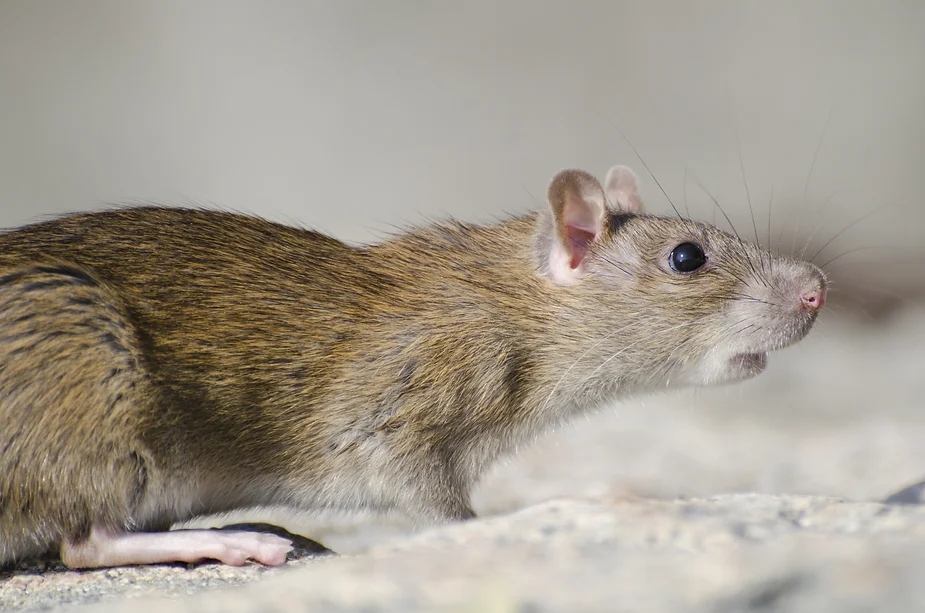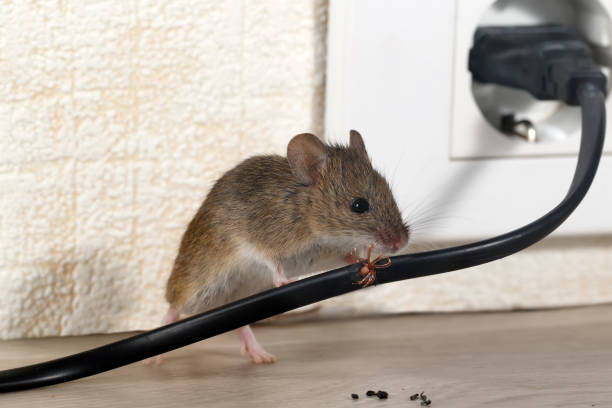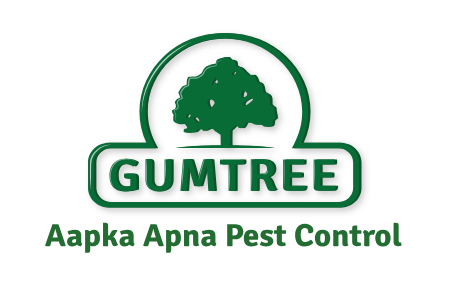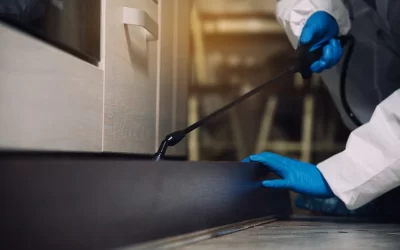Rats and mice can be a serious hazard at homes for several reasons. Some of the potential hazards from those pesky creatures include:

Disease transmission: Rats and mice are carriers of various diseases such as plague, food poisoning, and leptospirosis, whose causal microorganisms they transmit to humans through their feces, urine, and bites.
Property damage: Rats and mice chew on various materials, including electrical wires, wood, and insulation, and can cause serious damage to your home apart from creating fire hazards. In some countries, like the United States of America, many fires at homes are directly linked to rodent infestations and are suspected to be triggered by rodent movement and activities.

Allergies: Some people may have allergic reactions to rat and mouse dander (flakes of mice skin or hair), which can cause respiratory problems and other allergic symptoms.
Stress and anxiety: The presence of rats and mice in your home can cause stress and anxiety, especially if they are difficult to control or eliminate. Rodents running around a home are embarrassing to the inmates in front of visitors.
Homeowners must take steps to prevent rats and mice from entering their homes. Further, homeowners must take action to eliminate rodents if they do manage to get inside.
Rodent prevention at your home may involve sealing off entry points, using rodent glue traps or other pest control products, and regularly cleaning and maintaining your home to discourage the presence of these pests.
How must a homeowner deal with rodent droppings that they find at home?
If you find rodent droppings in your home, it is important to clean them up properly to minimize the risk of disease transmission and reduce the likelihood of attracting more rodents through rodent proofing and trapping.
Here are some steps you can follow if you find rodents dropping at your home:
Ventilate the area well before cleaning: Open windows and doors to allow fresh air to circulate.
Wear protective gear: Before cleaning up the droppings, it is important to protect yourself by wearing gloves, a mask, and other protective gear. Personal protection will help prevent the transmission of any disease-causing microorganisms present in the droppings.
Remove the droppings: You can clean rodent dropping by different methods depending on the size and severity of the infestation. For example, you can use a damp cloth or paper towel to pick up small droppings.
You may need to use a dustpan and broom or a vacuum cleaner with a HEPA filter to remove the droppings from the area they occur carefully.
If the droppings are dry, you can use a damp paper towel or cloth to pick them up.
If there are many droppings, or if they are in hard-to-reach places, you may need to hire a professional pest control company to remove them.
A pest control technician can detect rodent entry points and help you seal them with rodent-proof materials. Many pest control companies now offer rodent proofing as one of their service offerings to customers. Though it may seem expensive, rodent proofing is a one-time activity that blocks rodent entry into a home, and Gumtree recommends it as an essential step in making a home rodent-free.
Disinfect the area: Once you have removed all the droppings, thoroughly disinfect the area using a mixture of water and a disinfectant cleaner. Make sure to follow the instructions on the cleaner to ensure that it is effective.
Seal and dispose of the droppings: Place them in a sealable plastic bag or container and dispose of them in an outdoor trash bin. Be sure to wash and disinfect your hands thoroughly after handling the droppings. In addition, change the clothes you used while handling the rodent droppings and wash and disinfect such used clothing for your safety.
Repair any damage: If the droppings were found near a food source, such as a pantry or kitchen, thoroughly clean and disinfect the area. Check for any damage that may have been caused by the rodents, and repair or replace any damaged items to prevent rodent entry.
It is important to remember to use caution when cleaning up rodent droppings, as they can carry diseases transmitting pathogens. By following the above steps and taking appropriate precautions, you can reduce the risk of exposure to such microbes.
Prevention of rodents at your home:
The best way to prevent the rodent from becoming a problem at your home is to stop them from getting inside in the first place. We discuss below some ways that you stop rodent entry at your home.
- Seal any cracks or holes on the exterior of your home, remembering that rodents have hard teeth and can damage even concrete and some metals. Broken glass pieces and concrete are a good mixture to deter rodents from re-attempting burrowing or entry.
- Keep your trash can lids securely fastened so rats and mice cannot access the food inside.
- Eliminate any food sources like fruits and vegetables stored in the open that might attract rodents. Close the lids of food and beverage containers to deny the access to their contents to rats and mice.
- If you have pets, keep their food and water dishes clean and in a secure location. Avoid leaving pet food overnight in pet feeding trays.
- Make use of rodent pest control devices such as glue traps wherever needed. Toxic rodent bait can be hazardous and must not be used indoors where children and pets may access it. Further, a rodent fed on toxic bait may die in an inaccessible space creating a bad odor from its hidden carcass.
You should take rodent infestations at your home seriously and deal with them immediately to protect your property and your family from rodents. Not only are rodents a health hazard, but they can also cause extensive damage to your property. Contact a professional pest control company if you suspect you have a rodent problem and use rodent control tools to keep your home free of rats and mice.






